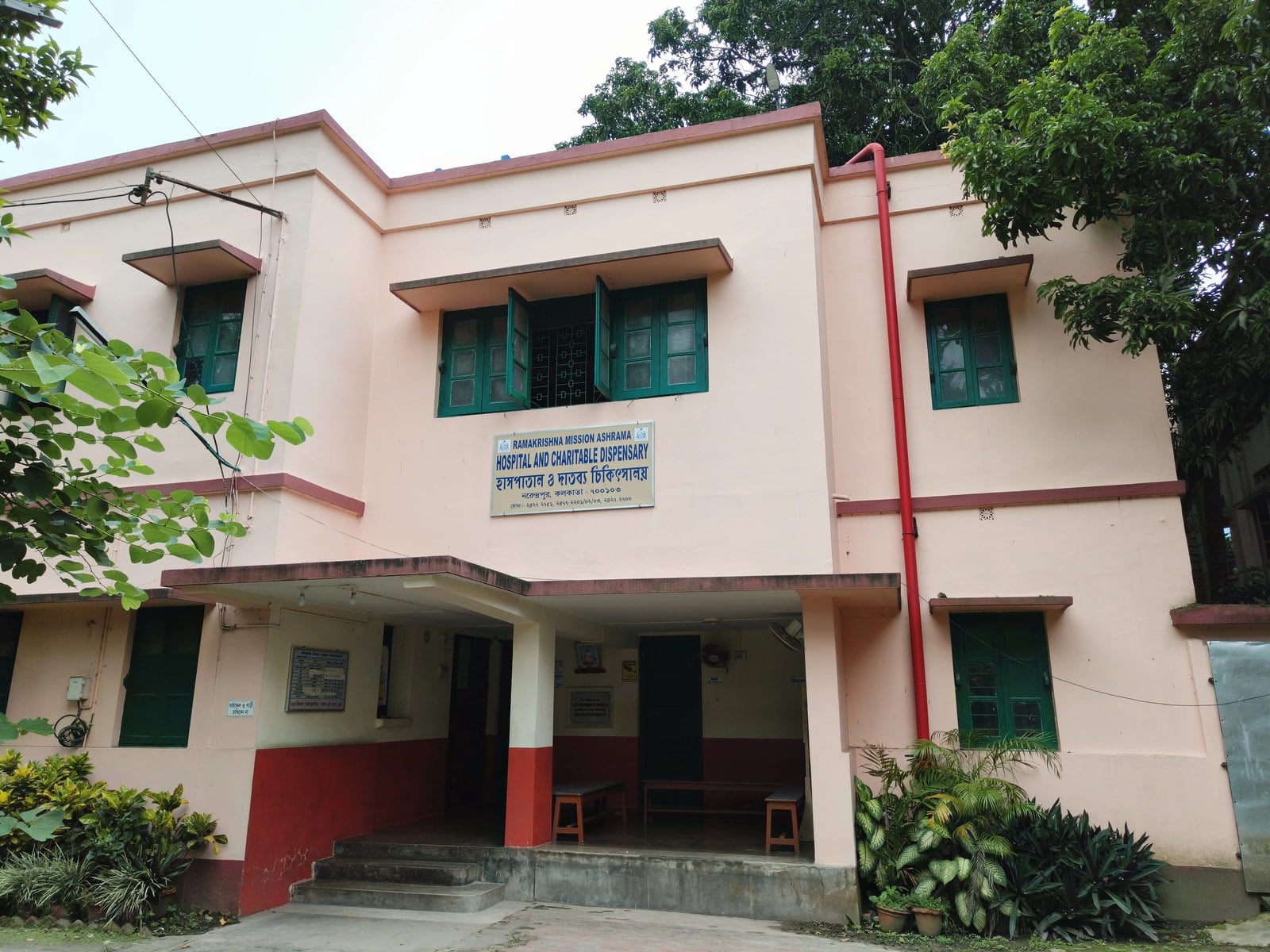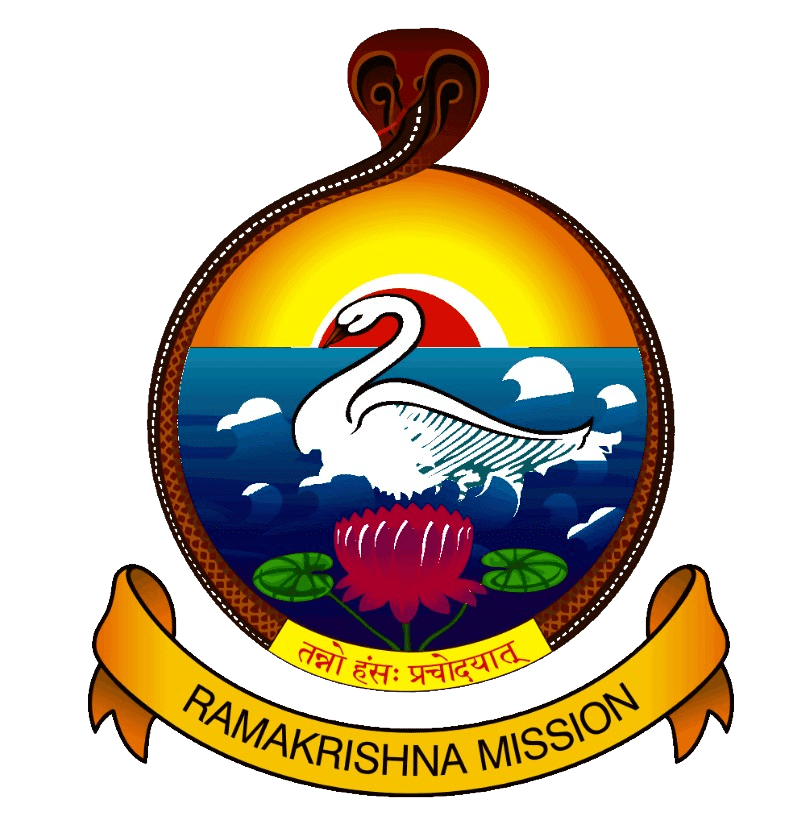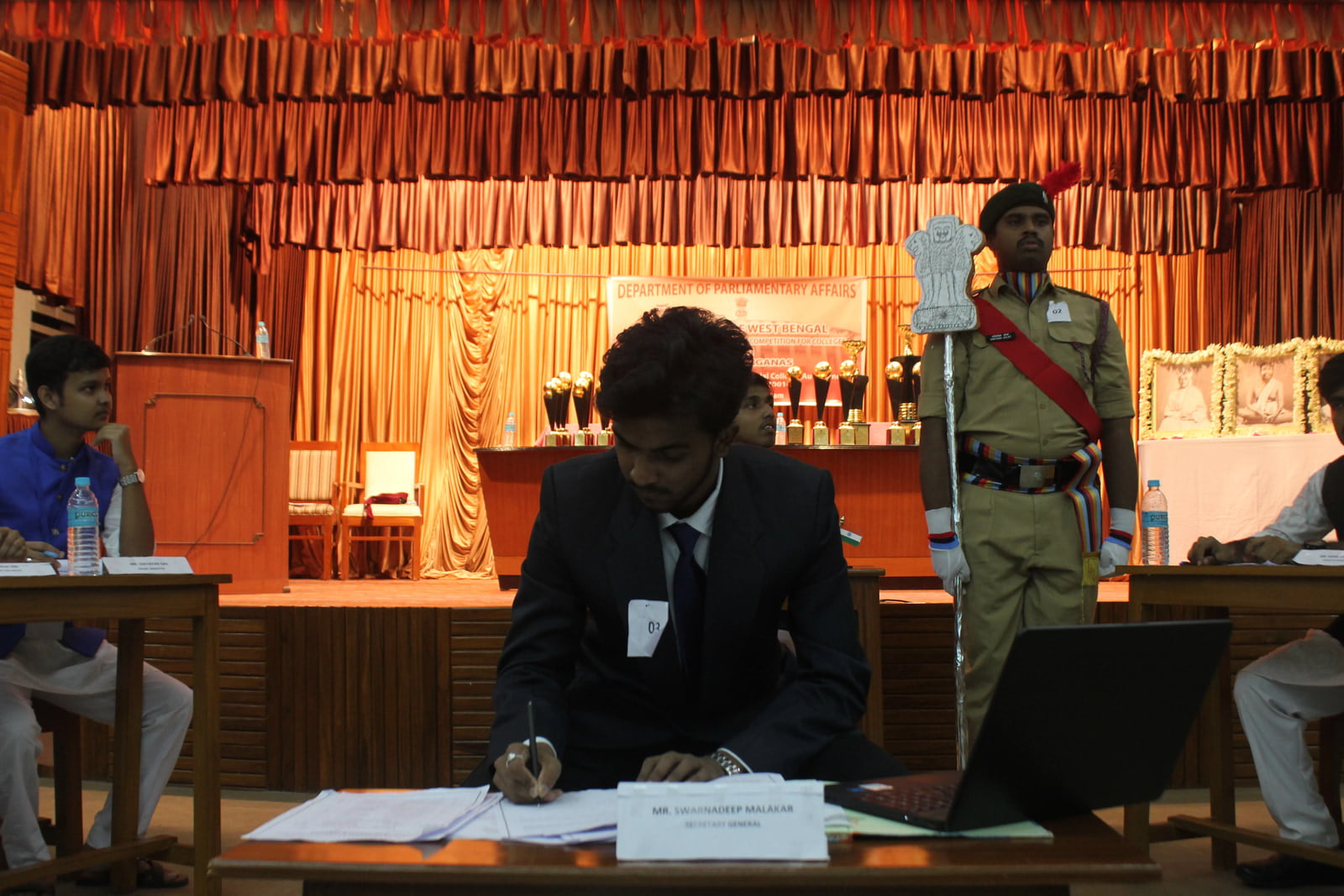
Auditoriums
Auditoriums
One of the striking aspects of the college is its residential status and for this, the campus houses four dedicated Hostels for the students.
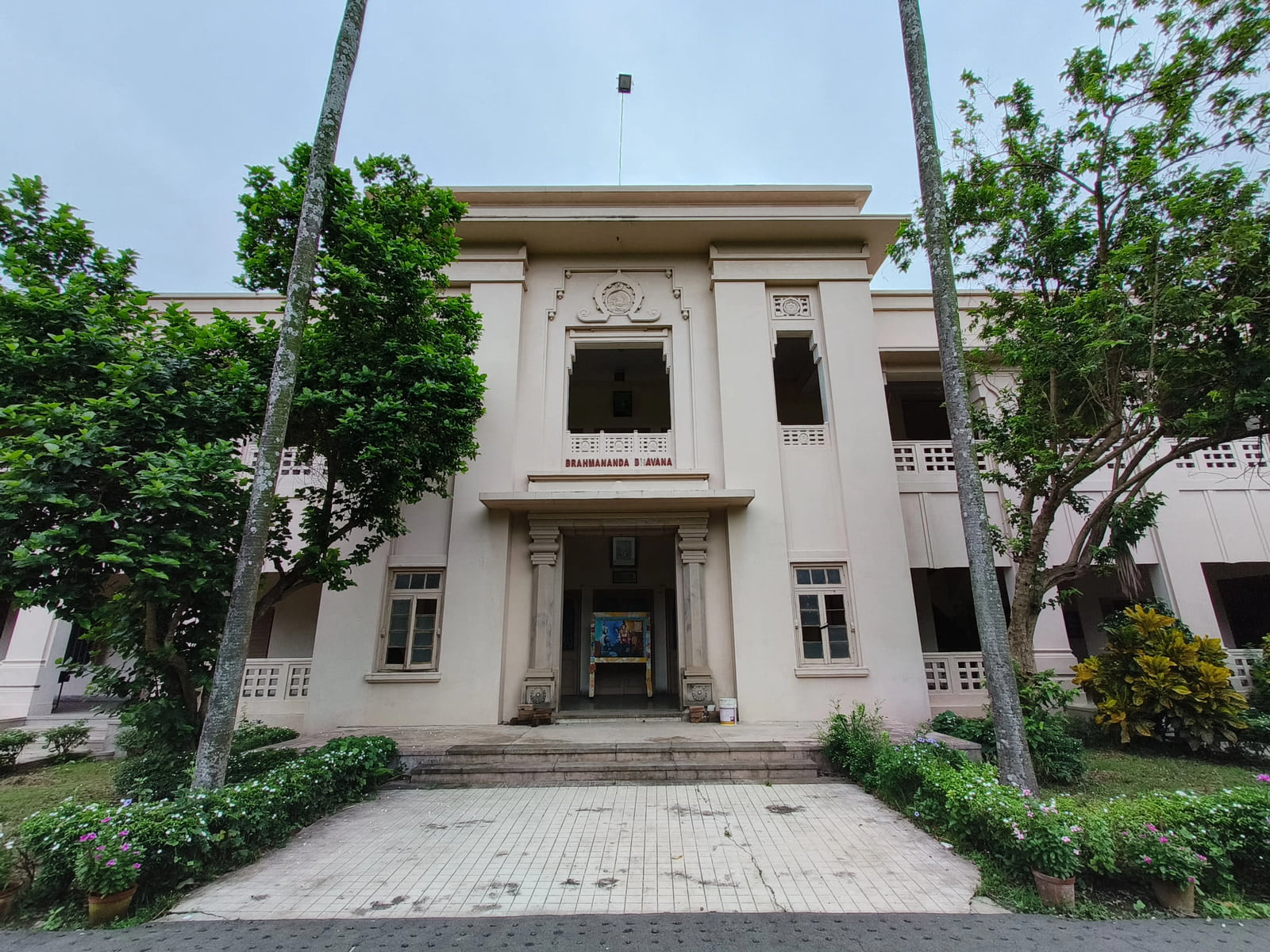
Hostels
Hostels
One of the striking aspects of the college is its residential status and for this, the campus houses four dedicated Hostels for the students.
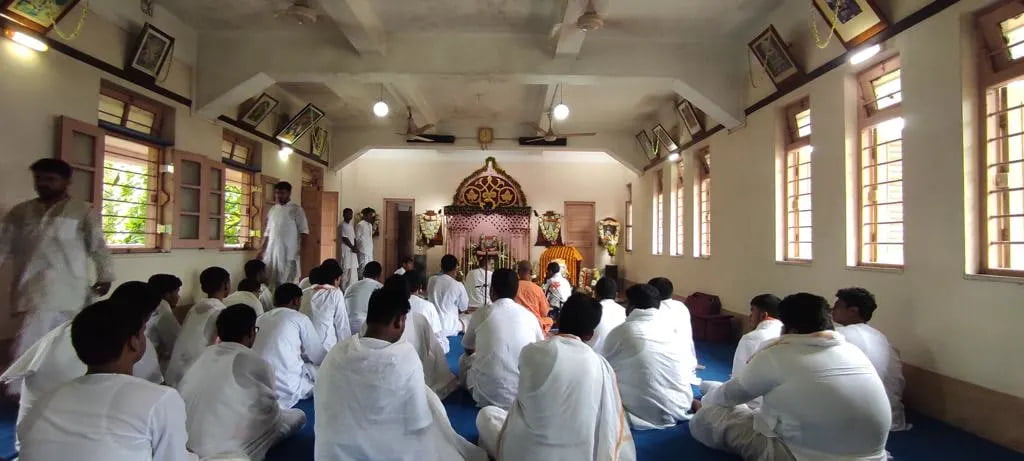
Prayer and Meditation
Prayer and Meditation
The day’s work in the hostels begins with prayer in the shrines. This is repeated in the evening. Though each student has the freedom to follow his own faith.
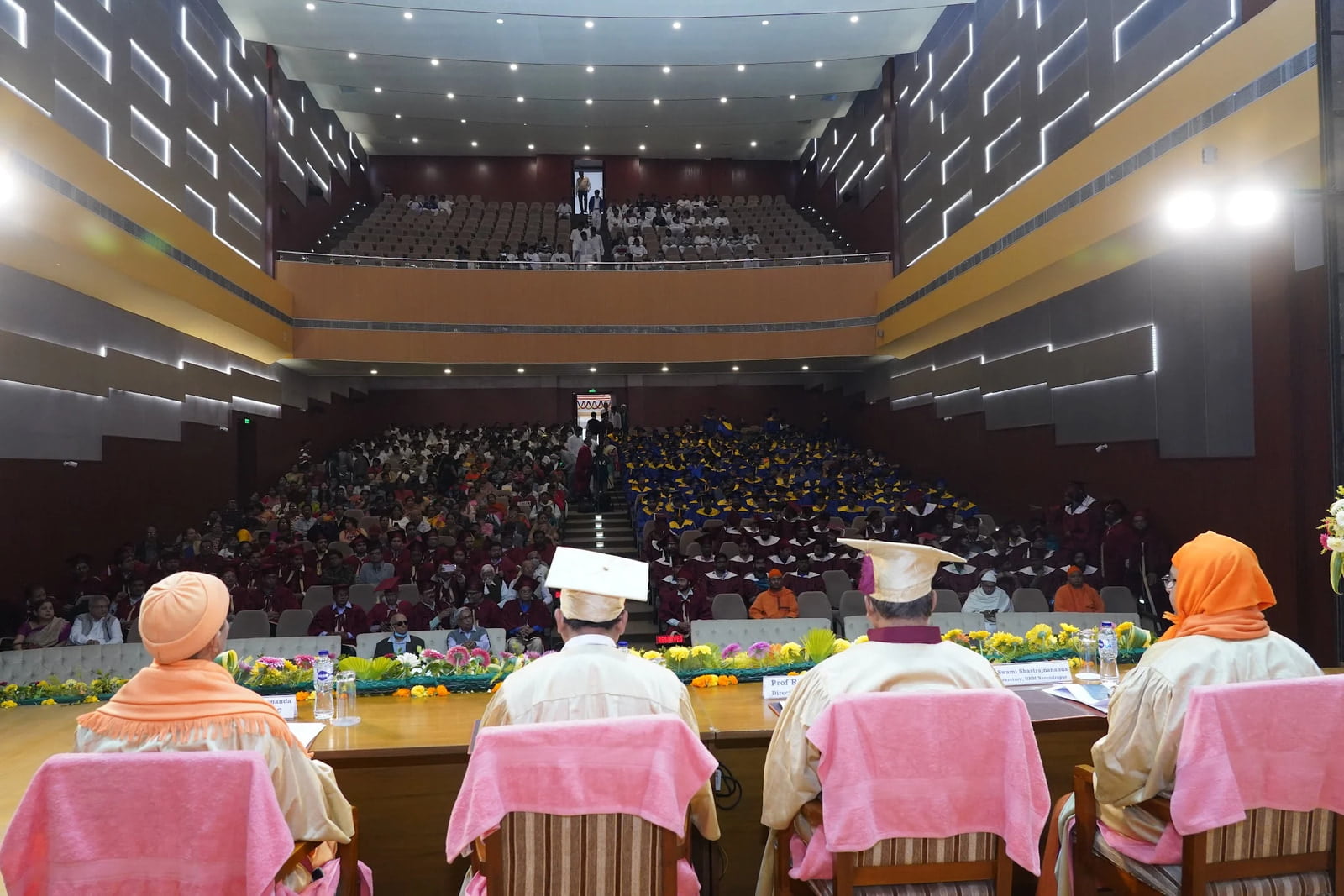
Lokeswarananda Auditorium
Situated within the college's old building, this auditorium is named in honor of Swami Mumumkshananda ji, the first Monastic Principal of the College. It serves as a venue for numerous cultural events, seminars, conferences, and classes for value-added course, accommodating around 400 attendees.
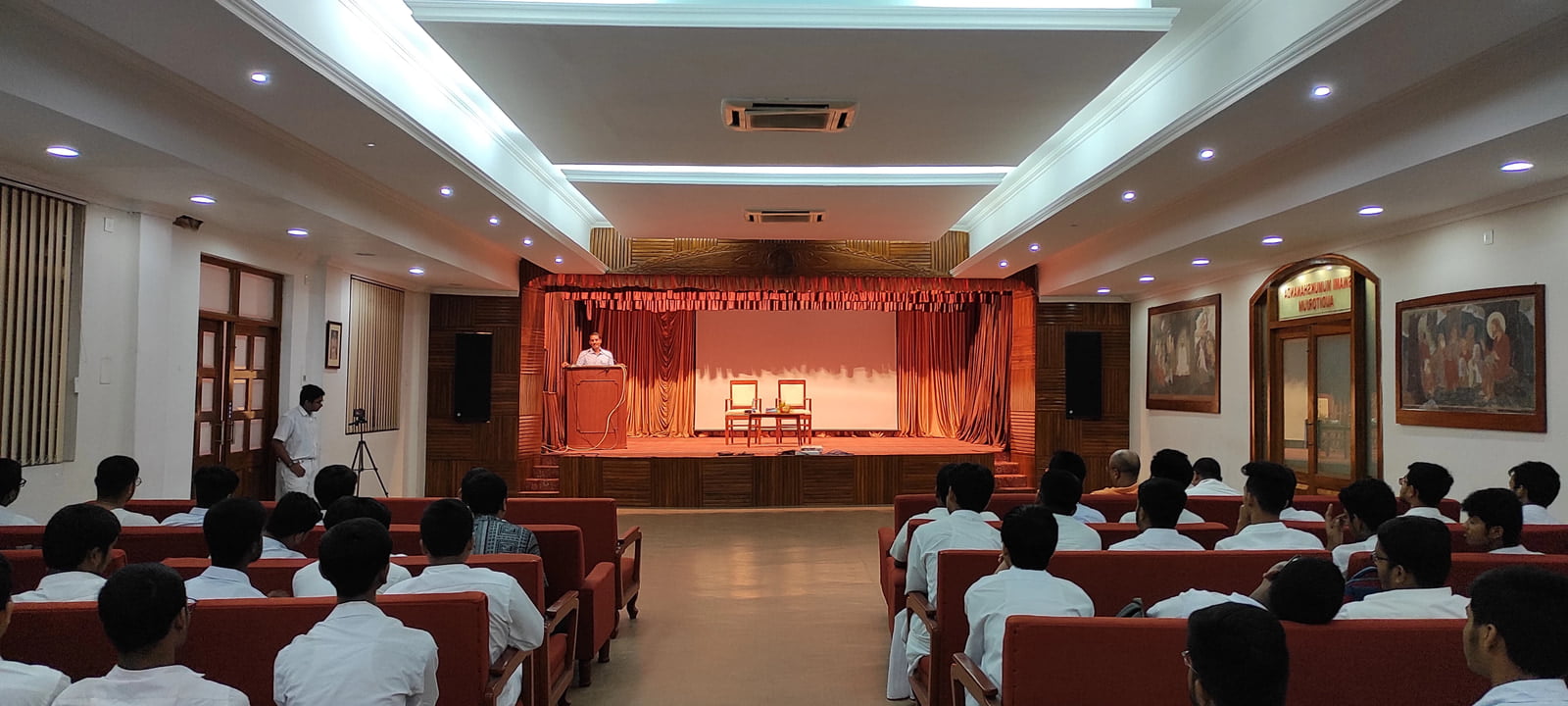
Mumukshananda Auditorium
The auditorium, located in the college Annex building, is named in honor of Swami Lokeswarananda ji, the founder of this institution. It is a well-equipped, centrally air-conditioned space that accommodates 860 individuals and features state-of-the-art amenities, including a projector and audio-visual equipment. It serves as a venue for academic activities such as convocations, award ceremonies, seminars, workshops, and symposiums.
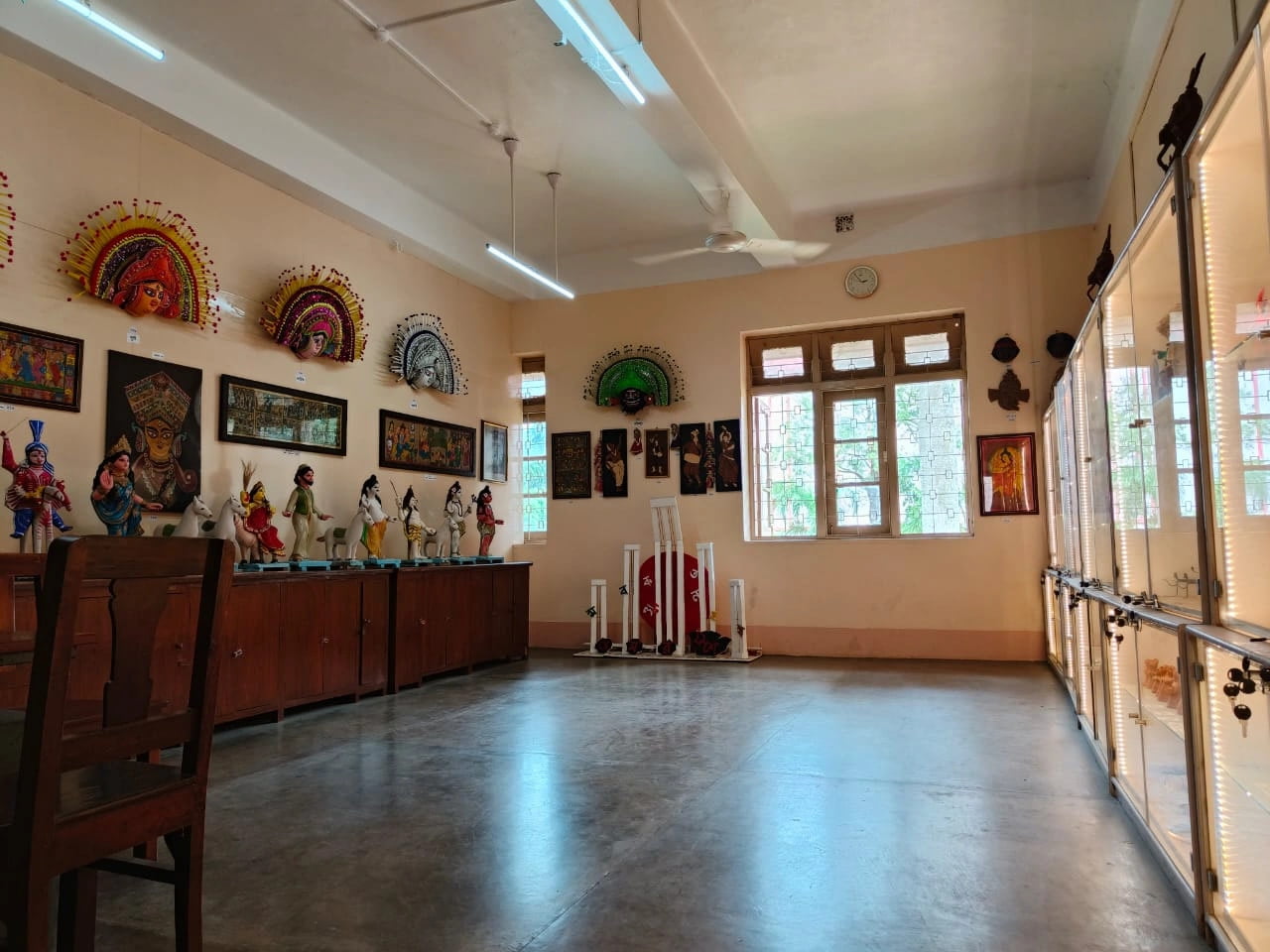
Folk Gallery
The college features a museum known as the Bengali Folk Gallery, located on the first floor of the Old Building. This gallery showcases the vibrant culture, art, traditions, and folklore of Bengal. The artifacts displayed have been meticulously gathered from diverse regions of the state, making it a point of interest for numerous researchers and visitors.
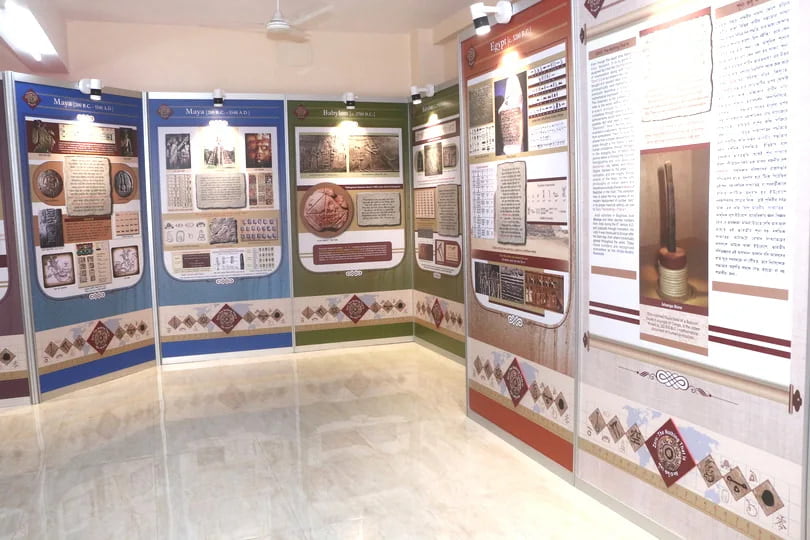
Zero Gallery
The college houses a museum named Zero Gallery, found on the fourth floor of the annex building. This gallery presents an exhibition on the discovery of Zero, delving into its historical background and its associations with different ancient cultures. The museum has drawn the interest of many visitors, including students from schools and colleges, as well as professionals and guests from India as well as abroad.

Hostels
One of the striking aspects of the college is its residential status and for this, the campus houses four dedicated Hostels for the students.
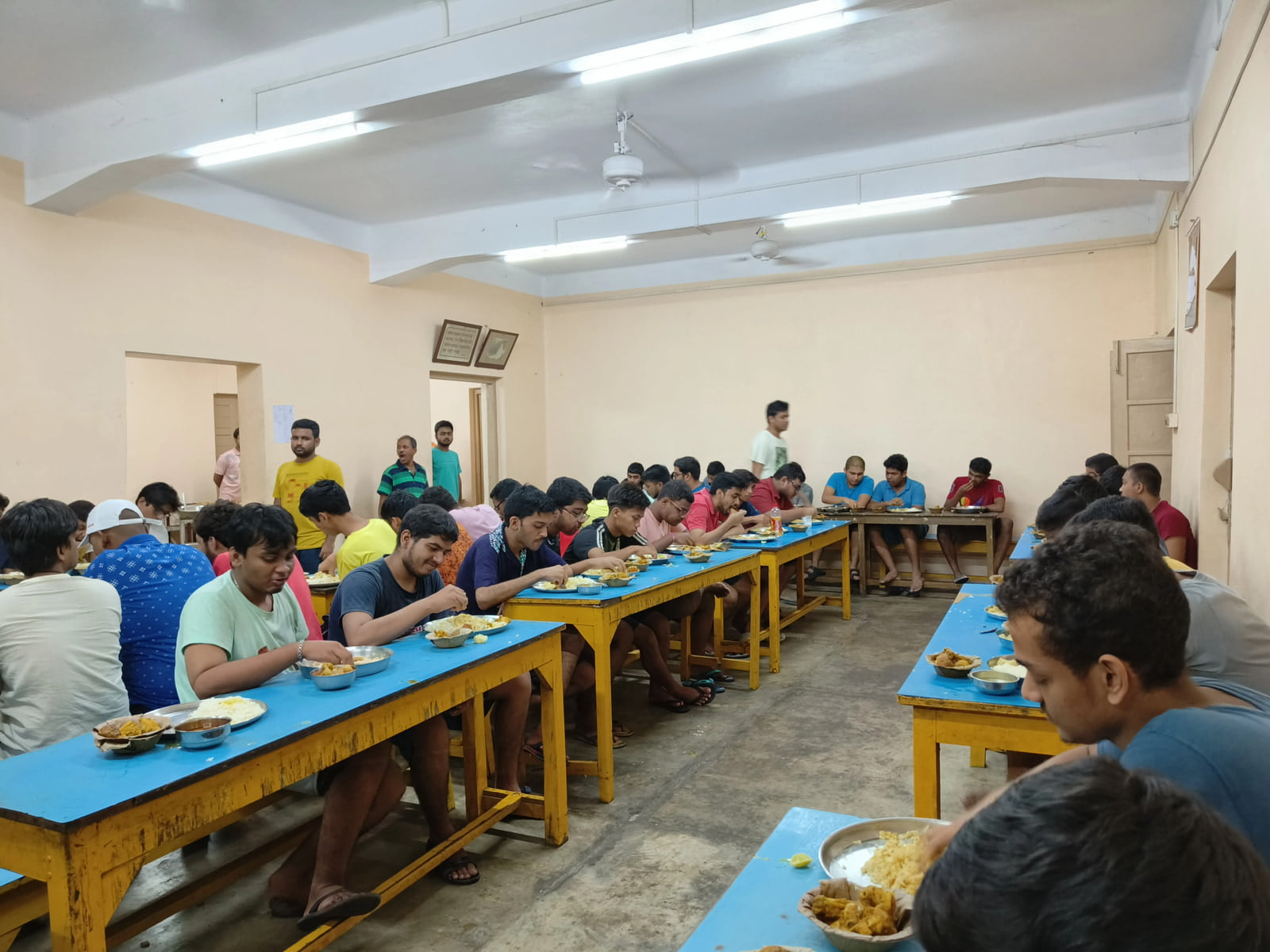
Dining
The college has four dedicated dining halls for the students and one for the faculty & staff members. healthy, sustainable meals.

Prayer & Meditation
The day’s work in the hostels begins with prayer in the shrines. This is repeated in the evening. Though each student has the freedom to follow his own faith.

Swimming Pool
Swimming Pool
Newly constructed swimming pool only for students of college. Pool remains closed during winter. It also remains open from 8:00 to 9:30 in the morning on weekdays throughout the summer.
Arts & Culture
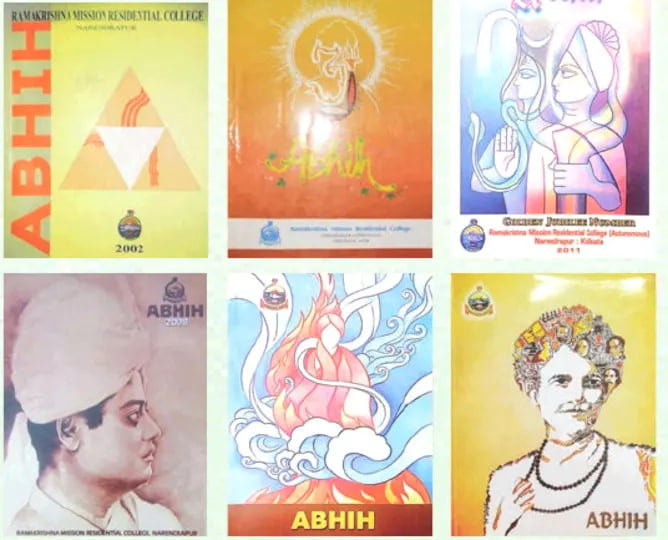
Magazines
Magazines
The college publishes a biennial magazine called ABHIH. Students & teachers can find for themselves a suitable medium of self-expression in the pages of this magazine.
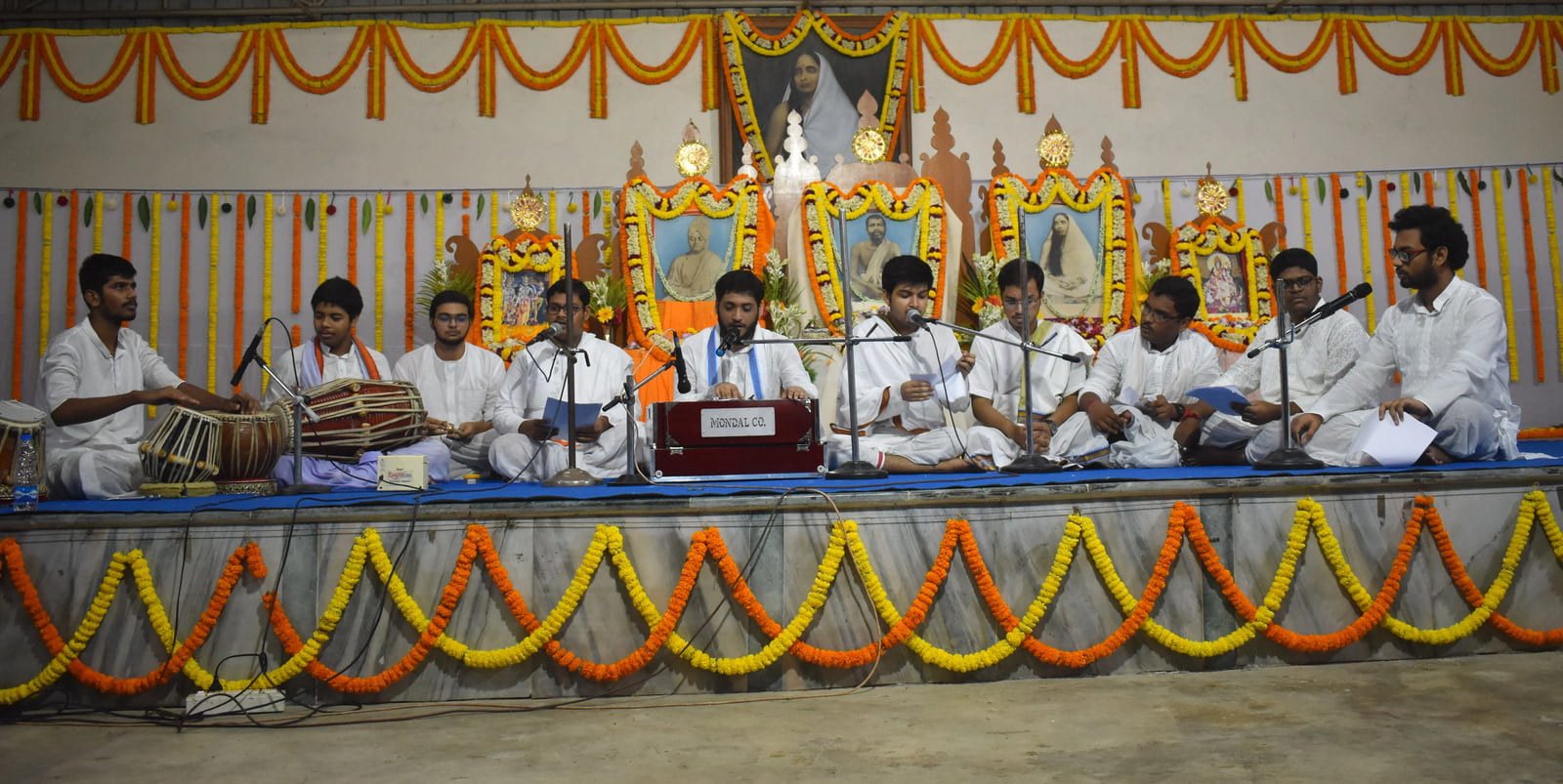
Cultural Programmes
Cultural Programmes
The hallmark of the campus life is numerous activities, academic and non-academic, that are organised both at the college and the hostels throughout the year.

Co-Curricular Activities
Co-Curricular Activities
Co-curricular activities like participation in game, acting, singing, recitation, debates, music, drama, etc., help in achieving overall functioning of education.
Athletics & Fitness
Athletics & Fitness

Sports and Games
Sports and Games
Regular training is given to the students to develop skills in sports, physical exercises and athletics.
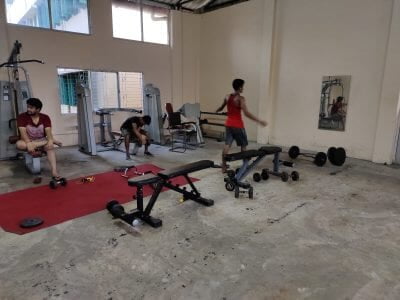
Multigym
Multigym
A twelve station Multigym was installed at the Brahmananda Bhavana kitchen complex.
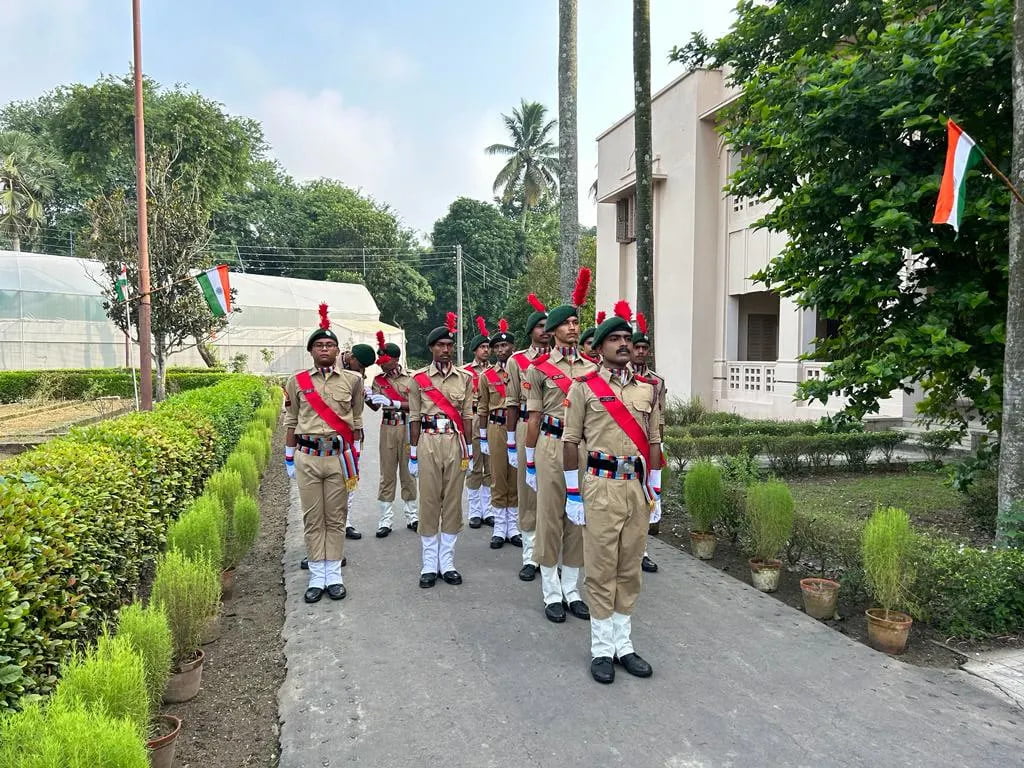
N.C.C. & N.S.S.
N.C.C. & N.S.S.
The college has active N.C.C. and N.S.S. wings. Every year cadets pass the N.C.C. ‘B’ and ‘C’ certificate examinations.
Medical Care
The Ashrama has a well-equipped hospital (Arogya Bhavana) with 27 beds. Qualified doctors are in regular attendance, and some specialists visit every week. Outdoor treatment is offered everyday and when necessary, the boys are admitted to the hospital for indoor care. There is a free charitable dispensary attached to the hospital which looks after the health of local Harijan population.
